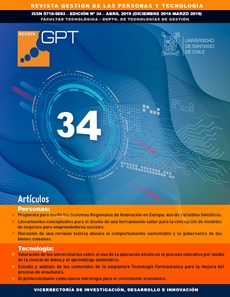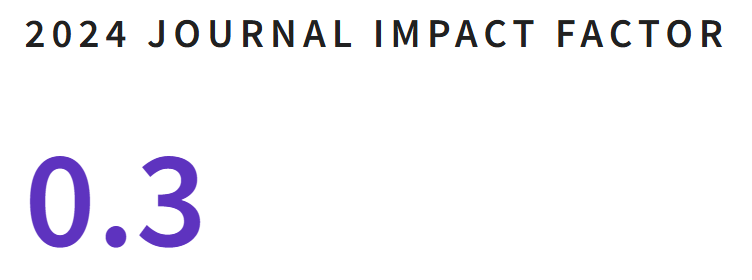Conceptual guidelines for social entrepreneur’s business model conception workshop-tool design
DOI:
https://doi.org/10.35588/z9h8dm85Abstract
Due to public policies transformation and social services decentralization, a new scenario has emerged for social enterprise creation. This type of enterprise differentiates from traditional ventures in the fact that they do not pursue exclusively wealth creation, but rather improving community’s quality of life through services and products in a well targeted context. Despite this purpose, social enterprises must be designed to be economically sustainable over time and simultaneously be able to comply with established social objectives. The fundamental problem lies in the fact that social impact cannot be measured through market dynamics, alongside there are not tools to guide social entrepreneurs to map stakeholder’s involvement, to display useful links to take the social value proposition into firm sustainability and scalability.
The following document focuses on a workshop-tool construction guideline that is useful for a social business model conception.
A design-based research methodology is used, a business models’ conception theoretical categories are validated through reflection in action and iterative design methods among stakeholders - research team (teachers and students) and the NGO Fundación Social-. The workshop-tool guidelines serve to map venture stakeholders and establish the relationship with the initiative, to create viable value propositions among stakeholders, in order to be able to understand the resources, allies, strategies and channels to bring social value to those interest groups. All with the porpoise of establishing social, economic and environmental value; as well as to understand the capabilities and strategies that guarantee compliance and sustainability of the social business.











